On 24-30 June, Professor Valentina Dagienė visited Del University of Technology, met with students and professors, and gave lectures. Computational thinking (CT) was one of the most important topics discussed, so the tools, tasks and testing instruments developed by the CT&MatABLE project (coordinated by the Institute of Educational Science, Vilnius University) were discussed in detail.

Prof. Valentina Dagienė
Del University of Technology or Institut Teknologi Del (abbreviated IT Del) is a private higher education institution located in the village of Sitoluama, Laguboti subdistrict, Toba Regency, North Sumatra, Indonesia, founded by Luhut Binsar Panjaitan. IT Del began its academic activities in 2001 and has graduated 18 cohorts as of October 2021. IT Del is situated right on the edge of beautiful Lake Toba, the largest volcanic lake in the world.
Computational Thinking (CT) is becoming part of the K-12 curriculum in many countries and is often combined with Algebraic Thinking (AT). Both types of thinking are core to Mathematics and Informatics. Algebraic Thinking involves the ability to represent and generalize patterns across various application areas and communicate mathematical arguments using appropriate language and symbolism. AT also has a close relationship with CT, and they are frequently integrated in multiple contexts, such as the international PISA student evaluation tests.
CT and AT, which are the focus of the CT&MathABLE project, are considered integrative skills to be addressed within this model. The project emphasizes the primary role of computational models in modern research-oriented education. To develop, implement, and study computational models that include both technical and social aspects, today’s students need skills in decomposing, generalizing, automating, algorithmizing, calculating, and designing to solve problems in a highly digitized educational environment.
During the visit to IT Del in Indonesia, Valentina Dagienė met with Inggriani Liem, professor of informatics, and discussed the K-12 informatics curriculum. Like Lithuania, Indonesia last year overhauled its Informatics curriculum from primary school to graduation. Inggriani Liem agreed to give a short presentation on the Indonesian informatics curriculum.
The Indonesian Informatics (Informatics in Bahasa Indonesia is used the same meaning as Computer Science or Computing) K12 Curriculum is part of “Kurikulum Merdeka”, an Independent curriculum, one of the main tools for carrying out educational transformation and schools that we aspire to. It is based on the following principles: Student-centred learning, reflection, long-life, learner researchers, and a school climate that is safe, inclusive, and celebrates diversity.
Indonesian Minister of Education) released the last version of the K12 curriculum as part of Kurikulum Merdeka, the K12 national curriculum Framework of Kindergarten, Elementary, Middle and High School (https://kurikulum.kemdikbud.go.id/). Informatics (IF) is one of the subjects of the framework, and it is presented in the Framework of the Top Level Design Elements (see picture).

The eight puzzles in the middle represent the subject of informatics: Computational Thinking, ICT, Computer systems, Computer networks, Data analyses, Algorithm and Programming, Social impact of informatics and Computing core practices. The size of the puzzle represents the hours allocated to each element.
In Kurikulum Merdeka, the level is defined as following:
Informatics is a compulsory subject for Phases D and E. For elementary schools, it is suggested that schools introduce Computational Thinking. Therefore, the Indonesian Informatics curriculum Framework is only implemented for Phases D and E as compulsory and F as elective subjects.
CT&MathABLE project aims to strengthen Informatics education across European countries. The project also seeks to create tools for assessing CT and provide interactive tasks and assessment tools compatible with various learning management systems. Additionally, the CT&MathABLE aims to offer a learning analytics-based framework for individualized learning trajectories for students aged 9-14 across Europe, enabling them to strengthen key 21st-century competencies through Informatics and problem-solving tasks.
For teachers, instructional designers, and school curricula, the project has specific objectives. Implementing the CT&MathABLE system will allow teachers to integrate technology into classroom settings and observe the effects of personalized instruction alongside the formal curriculum. This process, expected to employ a blended learning approach, will encourage teachers to adopt appropriate pedagogical strategies for using interactive tasks through collaborative learning.
CT&MathABLE enhances European educational resilience and capacity by leveraging digital transformation tools and pedagogies to develop innovative school curricula, facilitating the recognition and validation of skills and qualifications needed for future demands in digital skills and computational literacy. The project delivers open, relevant, and localized educational resources for developing computational and algebraic thinking in primary and lower secondary school students.
